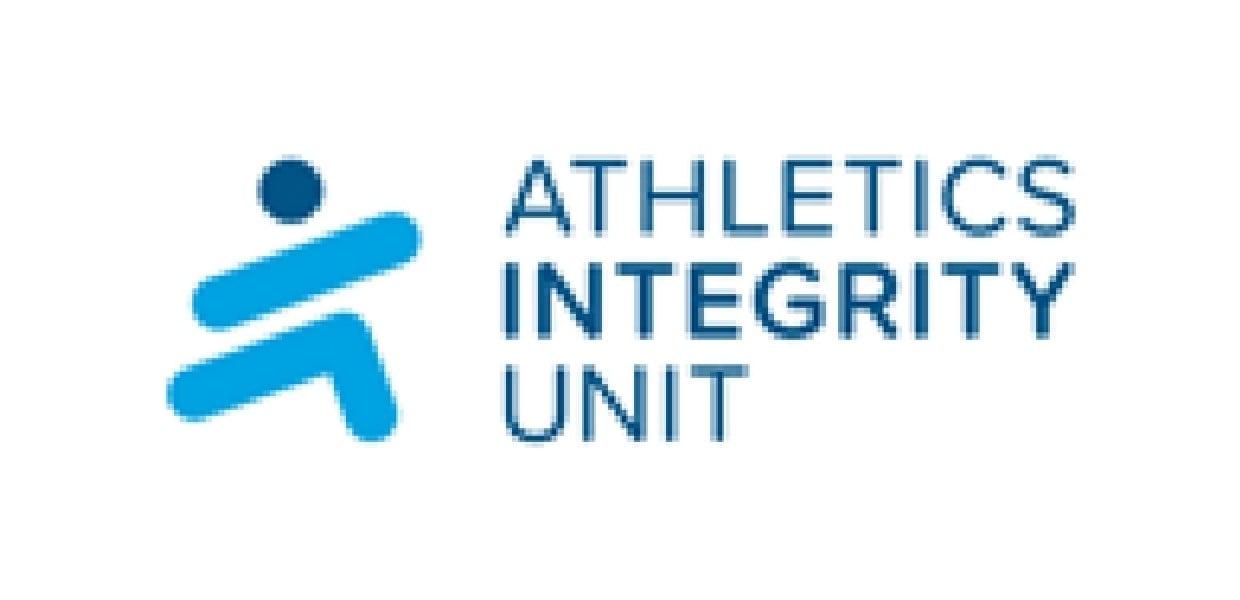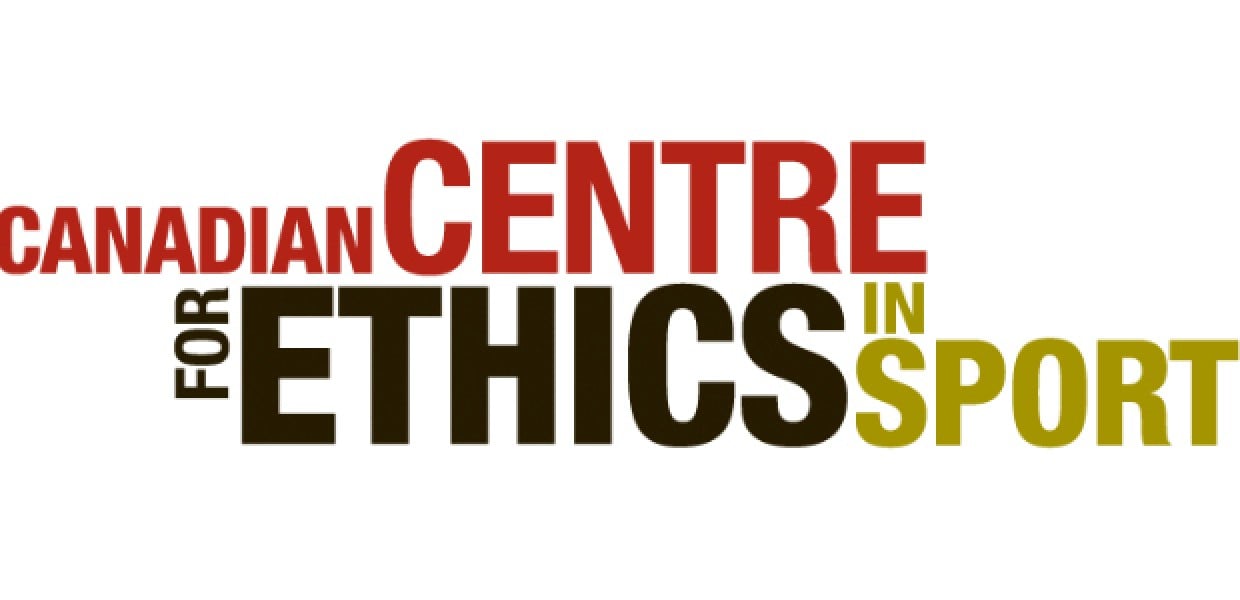The FEI Tribunal has issued a Final Decision under the FEI Equine Anti-Doping Rules Article 2.3 for Evading, Refusing or Failing to Submit the horse to Sample Collection.
In this case, the athlete Ayedh Al Mughamer (FEI ID 10174065/KSA), failed to submit the horse Talaqah (FEI ID 108BA98/KSA), to the doping control station for a sample collection at the CEI1* 100 Riyadh (KSA), 10-11 February 2023.
The horse was selected for a mandatory in-competition doping control test on 11 February following a positive hyposensitivity examination. The athlete refused the testing and left the event with the horse.
In its final decision the FEI Tribunal imposed a two-year ineligibility period on the athlete from the date of the decision, the provisional suspension served by the athlete will be credited against the period of ineligibility. The athlete was also fined CHF 7,500 and asked to pay costs of CHF 2,000. Lastly, the results of the horse and athlete combination from the event will be disqualified.
The full Decision is available here.
Separately, the FEI has notified an alleged Equine Anti-Doping Rule Violation under the Equine Anti-Doping and Controlled Medication Regulations (EADCMRs). In this case, the athlete has been provisionally suspended until the decision of the FEI Tribunal and the horse has been provisionally suspended for two months.
The Athletics Integrity Unit (AIU) has unveiled an extensive testing plan for the World Athletics Championships Budapest 23 – in partnership with the Hungarian Anti-Doping Agency (HUNADO) and the Local Organising Committee (LOC) – with more than 1,100 tests combined, for profiling and detection, to be undertaken for the elite event.
On the eve of the Championships in the Hungarian capital, AIU Chair David Howman detailed the highlights of the AIU’s Test Distribution Plan yesterday. The wide range of tests and analyses include up to 600 pre-competition tests (for profiling purposes mainly) in the period 14-24 August at the athletes’ hotels as well as up to 550 in-competition tests (mainly detection tests) at the stadium.
“This is one of the biggest and most intensive anti-doping programmes outside of the Olympic Games,” he noted.
“We are determined to protect the integrity of the World Championships, in particular the podium, and the scope of testing underlines the level of our commitment to our mandate.”
Urine, blood and Dried Blood Spot (DBS) samples will be collected and analysed for a wide range of substances or methods: EPO and Growth Hormones analyses on urine and blood samples; Isotope Ratio Mass Spectrometry (IRMS) analyses for steroid doping; and Athlete Biological Passport (ABP) analyses for blood doping and steroid doping. Other analyses such as blood transfusion analyses and analyses for steroid esters will be performed. All samples will be collected by the Hungarian Anti-Doping Agency (HUNADO) and will be analysed at the WADA-accredited laboratory in Seibersdorf, Austria.
“We are pleased to have good facilities in which to work; nine testing locations at hotels and two world-class testing locations at competition venues. The AIU appreciates the great rapport and collaboration which it has enjoyed with the LOC for Budapest 23 and we look forward to supporting clean athletes and competition through our important work,” added Howman.
The AIU has been closely monitoring national testing programmes in the lead-up to Budapest, in accordance with Rule 15 of the World Athletics Anti-Doping Rules, and has observed that the level of testing of elite athletes has generally increased compared with last year, thanks to the joint efforts of the AIU and National Federations, supported by their National Anti-Doping Organisation (NADO). Due to exceptional circumstances arising from the war in Ukraine, the AIU Board has exempted 12 Ukrainian athletes from the strict eligibility requirement under Rule 15 to have at least three out-of-competition tests in the ten months prior to the Championships.
Another key component of the AIU’s mission at Budapest 23 is the continuation of a pilot study, initiated last year in collaboration with the United States Anti-Doping Agency (USADA), which has been exploring a new and less invasive method for collecting blood samples from athletes for anti-doping profiling purposes. Athletes selected for doping control in Budapest will be asked to contribute to the study by providing an additional sample using the new device. The results will be compared with the routine samples.
“The AIU is constantly looking to innovate and upgrade our technology, and this is a major step in advancing our blood-collection protocols. There were some very promising results trialling the new device at previous events, including this year’s Boston Marathon,” explained Howman.
As for every World Championships, doping control samples collected in Budapest will be transferred to a dedicated long-term storage facility, after the initial analyses have been performed, with the view to re-analyse them in the future, using the latest available detection analyses or methods.



 Global Summit 2024
Global Summit 2024